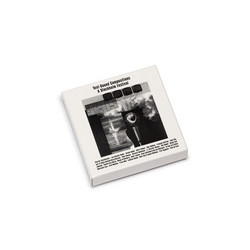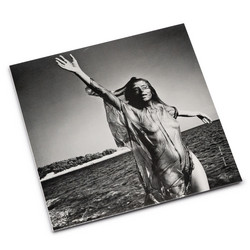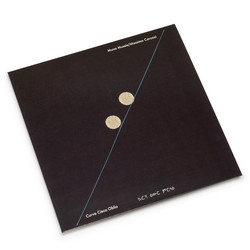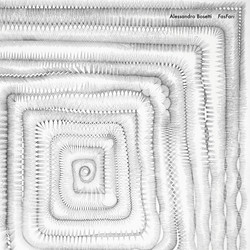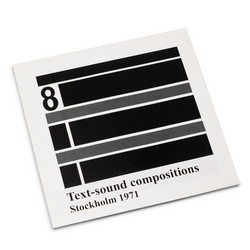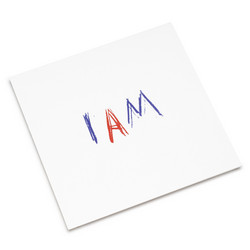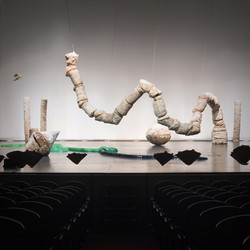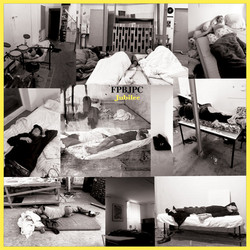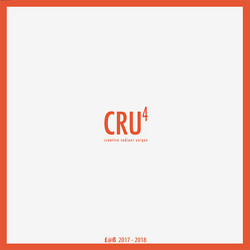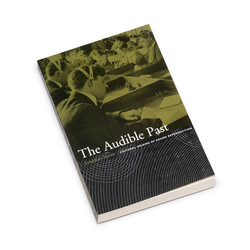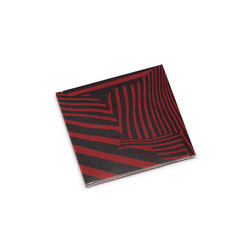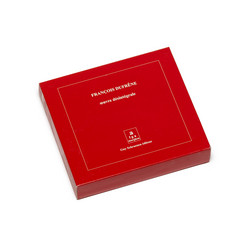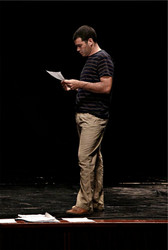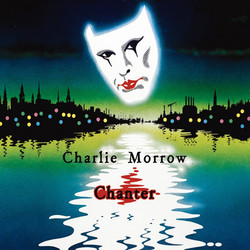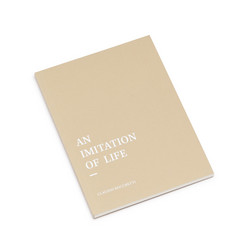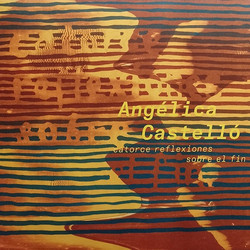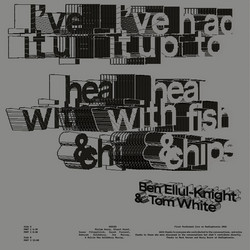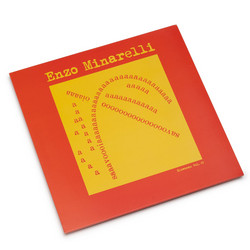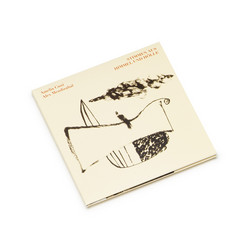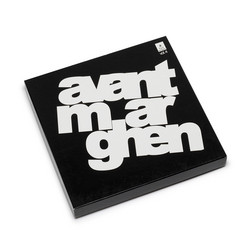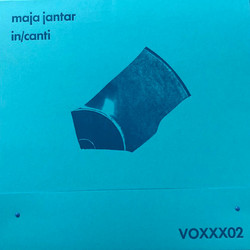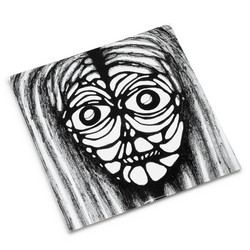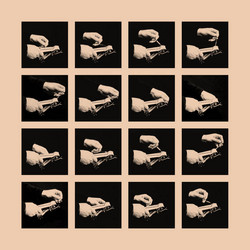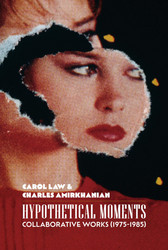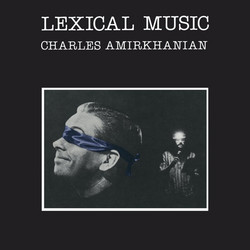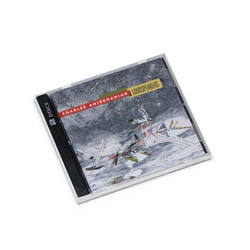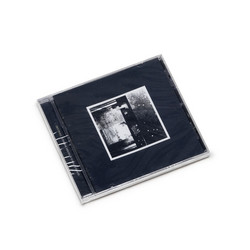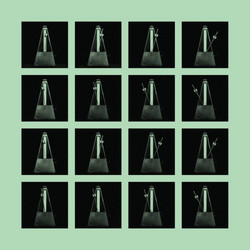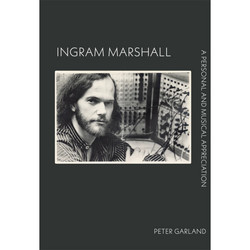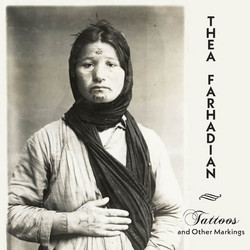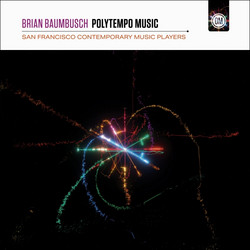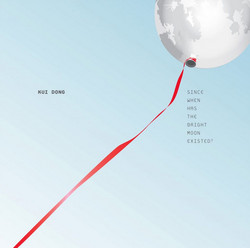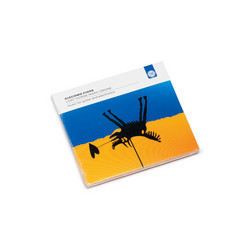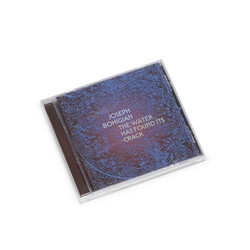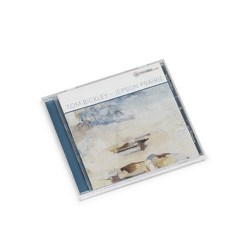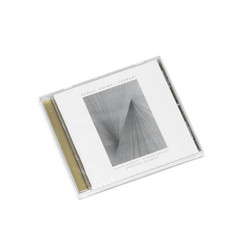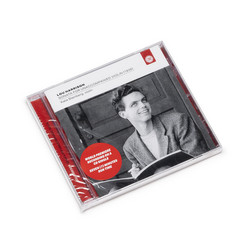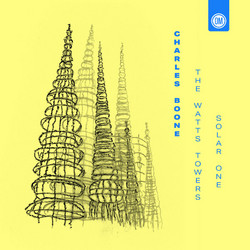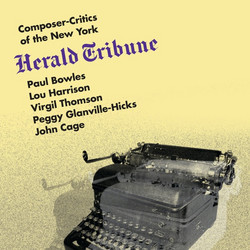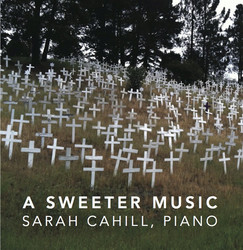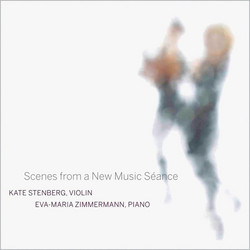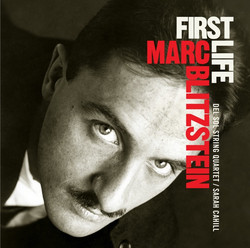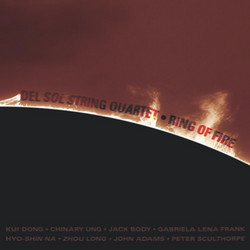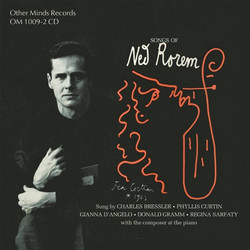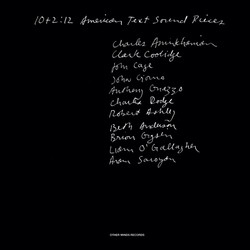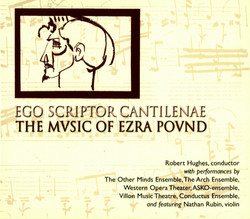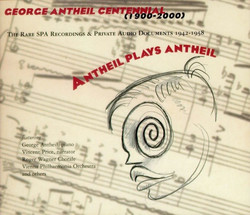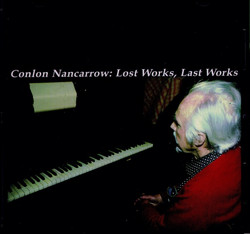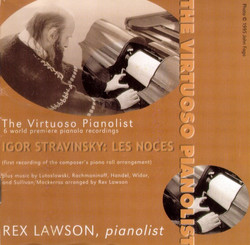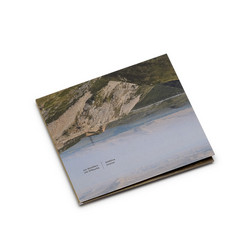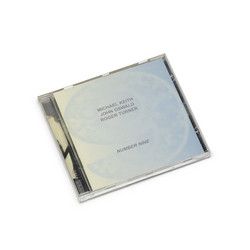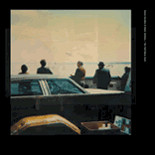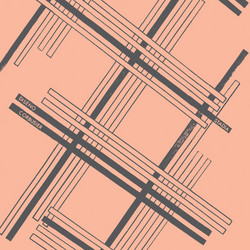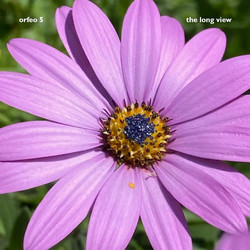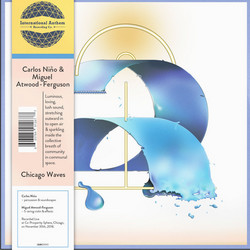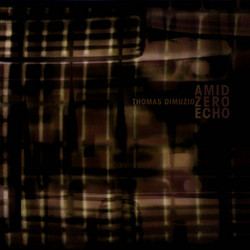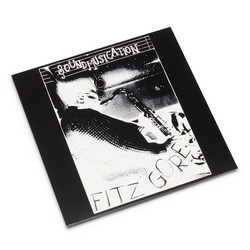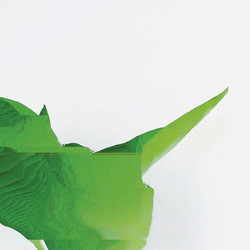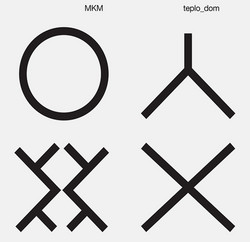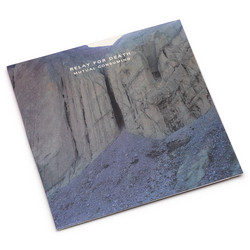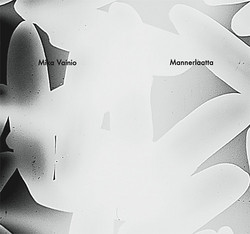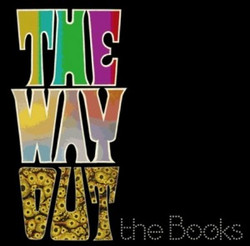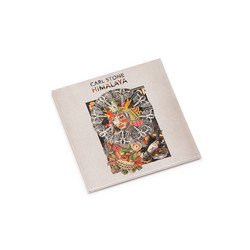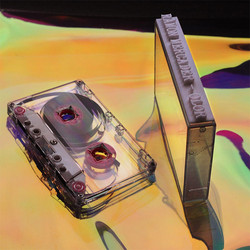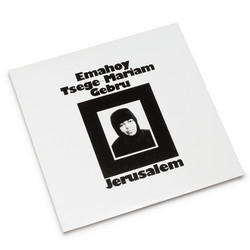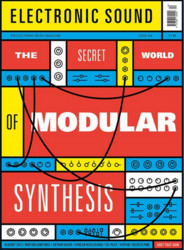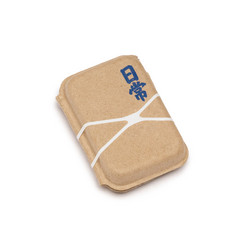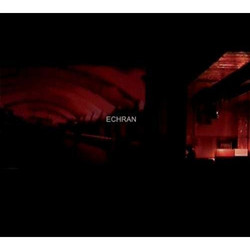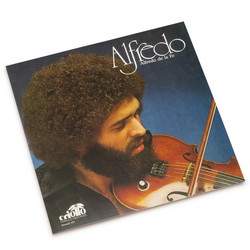* 32-page booklet featuring an essay by Peter Garland *Other Minds Records announces a new album from composer Charles Amirkhanian titled Miatsoom (mee-aht-soom) - a collection of pieces that draw on his Armenian heritage - central to the composer’s identity but until now unexplored in his discography. The centerpiece of the album is the 30-minute title track, “Miatsoom” which means “Reunion” in Armenian. A long form radio play of sorts, the work’s source material comes from recordings made during the course of a trip the composer took to Armenia with his father, Benjamin Amirkhanian in August 1994.
At that time, shortly after the fall of the Soviet Union, the economic and social systems in Armenia were in virtual collapse, with no banks, restaurants, or retail stores functioning. Electricity was available only one hour out of every twelve. In “Miatsoom,” Amirkhanian documents the sounds of this disjointed environment. The piece opens a window onto the interaction between Armenian culture and that of its vast diaspora, focused through the lens of the composer and his father, for whom this would be their first and only trip to their homeland. As Garland notes in his introductory essay, “Armenians have always been (almost) everywhere.” Folk music, found sound, and spoken interactions in English and Armenian are woven into a deeply personal narrative with universal implications. And a visit to the recently active war zone of Nagorno-Karabakh provides dramatic color.
In addition, the CD begins with a minimalist text-sound composition “Dzarin Bess Ga Khorim” (I Think Like the Tree), based on an Armenian language text recited by the composer. Amirkhanian’s use of repetition and studio manipulation of the solo voice will be familiar to fans of his 1980 album Lexical Music. The following piece, “Roussier (not Rouffier)” takes a different approach to studio manipulation, with the composer reading his own entry in Baker’s Biographical Dictionary of Music and Musicians written by Nicolas Slonimsky. Amirkhanian’s voice is fed through a system of tape delays that dissects the text into fragments out of which phrases emerge: “khan-khan-khanian Charles;” “of Armenian extraction;” “music, environmental,” closing with a humorous coda of guttural sounds, a prominent feature of this ancient language.
“Three Armenians” has its roots in Amirkhanian’s childhood—the composer uses two 78rpm records his father brought home as the piece’s only source material. Works of Armenian-American composer Alan Hovhaness and of John Cage, performed by pianist Maro Ajemian and produced by the legendary George Avakian, are sampled and manipulated by the composer on a Disklavier provided by Henry Kaiser.
